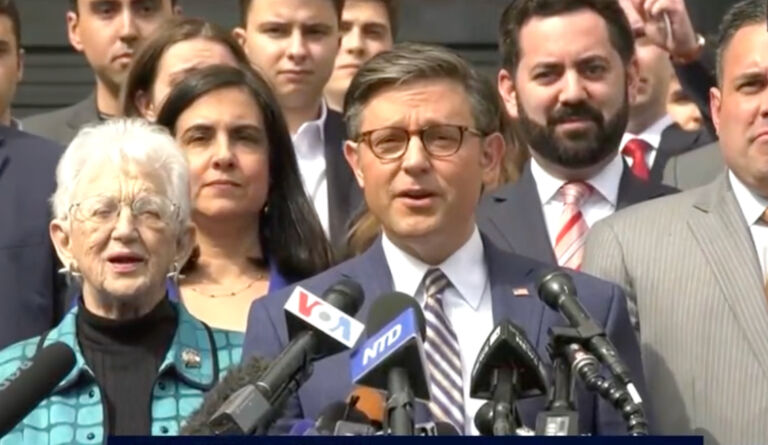Harvard law professor Lawrence Lessig’s visit to the John Locke Foundation this week to discuss campaign-finance reform ideas attracted attention from WRAL and the News & Observer‘s “Under the Dome” blog.
In addition to her comments about the state budget and a controversial dental management bill, Becki Gray returned this week to the N.C. Spin syndicated television program. She tackled topics including the budget, top bills for the closing days of the state legislative session, the pending merger of Duke Energy and Progress Energy, and Gov. Beverly Perdue’s idea of taxing video sweepstakes games. Gray continues her semiweekly politics and public policy updates for WTSB Radio, and she devoted a few minutes to summer dessert recipes during an appearance on WPTF Radio.
Gray participated this week in a mock N.C. Spin session for 4-H Capital Day. The Midtown Raleigh News and Northern Raleigh News promoted her speech to the Northern Wake Republican Club. Gray speaks today to the Chapel Hill Republican Women’s Club.
In other news involving public presentations, the N.C. History Project recently hosted Barton College history professor Jeff Broadwater for a lecture in Edenton linked to his new biography of Founder James Madison. The speech at the historic Chowan County Courthouse attracted about 40 people.
Lindalyn Kakadelis of the N.C. Education Alliance discussed during an appearance with Lockwood Phillips on WTKF’s “Viewpoints Radio” the education establishment’s efforts to derail a statewide online charter school.
JLF Director of Communications Mitch Kokai discussed this week’s top political and public policy news with Curtis Wright on WAAV/WFNC Radio. The Lenoir News-Topic quoted Kokai in an article about local governments’ taxation of sweepstakes operators. (Mitch Kokai, a political analyst with the John Locke Foundation, feels municipalities imposing a high tax on sweepstakes parlors may be targeting these businesses without justification. “Generally, the idea of using a fee structure of a government to penalize a type of business is a bad idea,” Kokai said. “You want to treat all business to the same extent you can. It might make sense to justify (such a tax) if the business requires additional services (police protection, security). But if you do it as a quick money grab, then that’s not the type of thing local governments should be doing.”)


